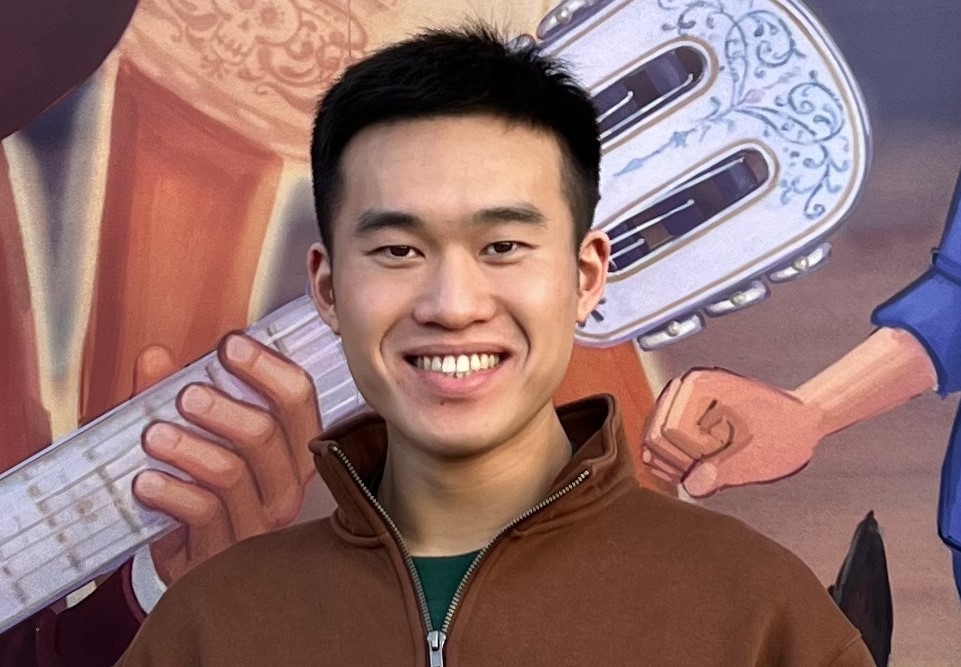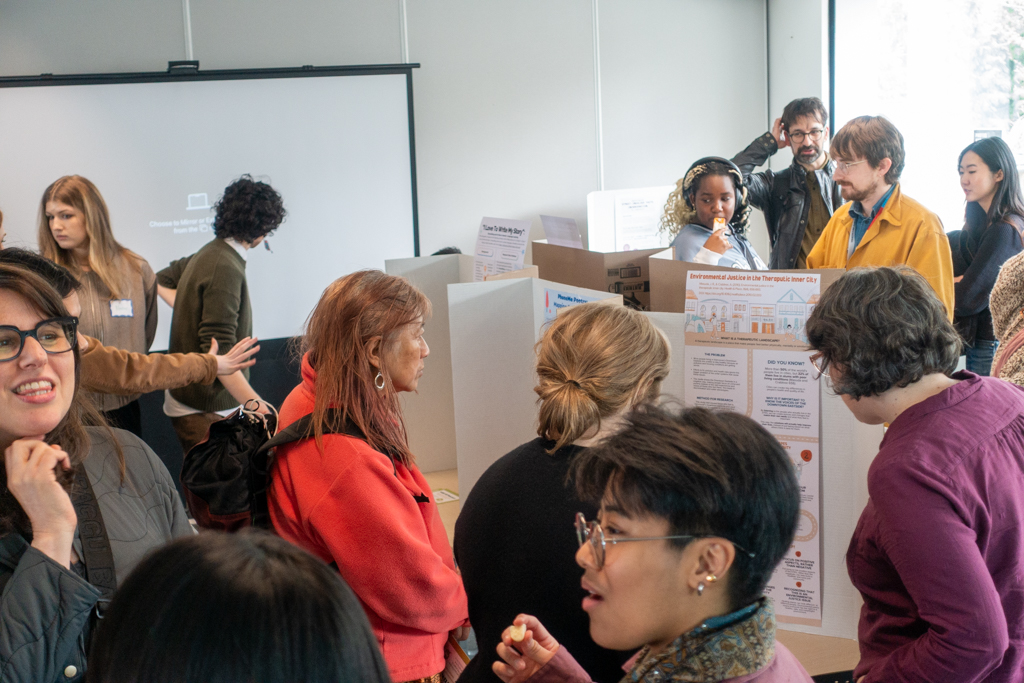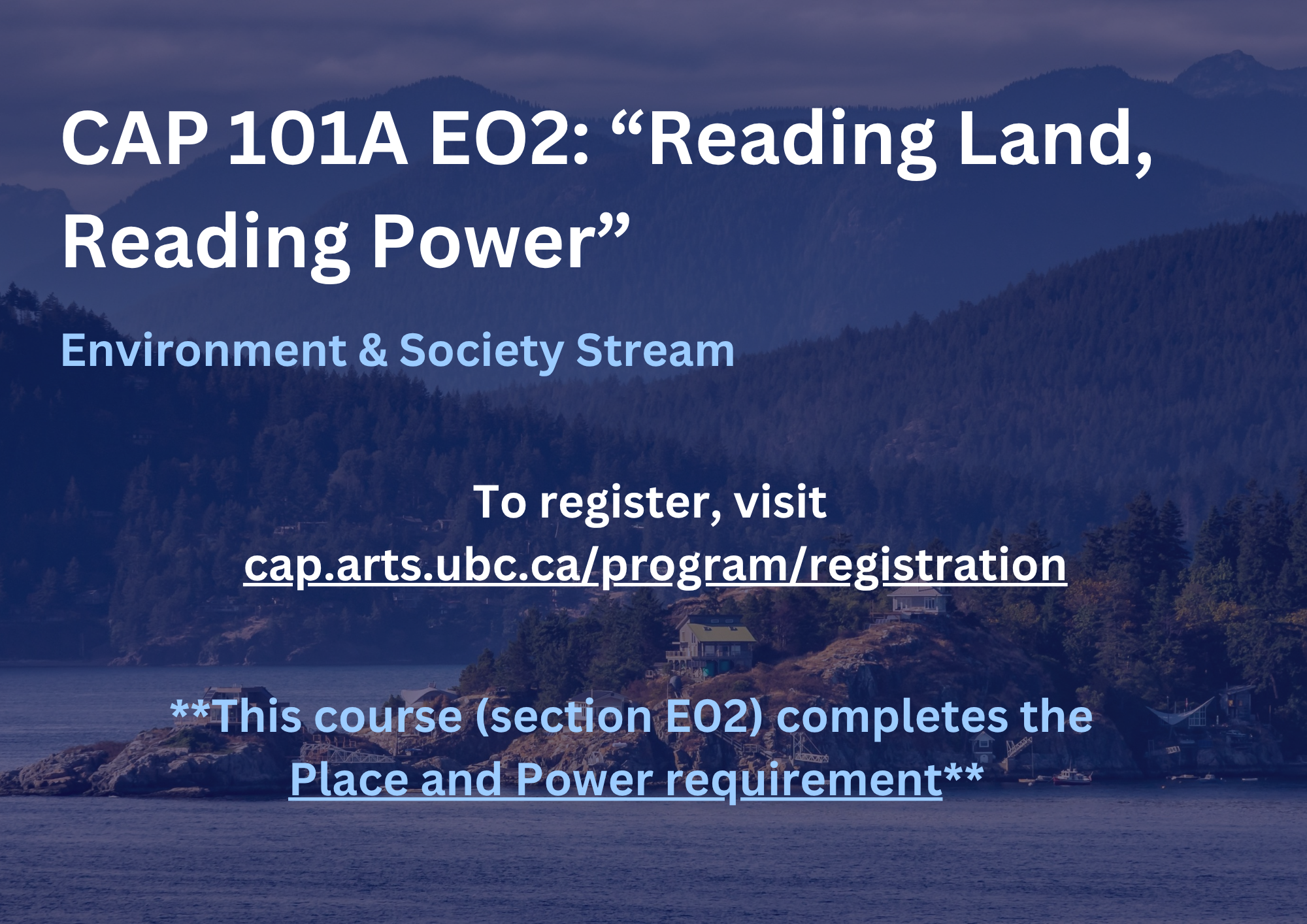

Since 2021, the Coordinated Arts Program’s student-run journal The Capsule has provided CAP students with the opportunity to submit their work for publication, bringing together the program’s five streams, and celebrating scholarship by the CAP community. The publication of the journal’s annual issues would not be possible without the editorial board, which consists of current CAP students, and CAP alumni. In this Inside the Capsule series, we interview various members of the editorial board for more insight on The Capsule as a journal, and the members’ specific roles in the editorial process.
We reached out to Cedric Lin, who was a Peer Reviewer for The Capsule in the 2022-23 academic year. He reflects on when he started becoming involved with the journal, how he enjoys helping students with improving their writing, and how his experiences in CAP are relevant to his role on The Capsule editorial board.
When did you start becoming involved with The Capsule, and what motivated you to join the editorial board?
I first became involved with The Capsule in my first year at UBC when the academic journal published my paper “The City of Vancouver’s Actions for the 2010 Olympics and its Long-Term Impact on Vancouver’s Homeless Youth”. I wrote this work for my Arts Studies 101 course in the CAP Political Science, Philosophy, and Economics (PPE) stream. Having had this unique opportunity at such a low level of studies at UBC, I wanted to help other first-year students have a similar opportunity to experience the core of a university––academic research. Hence, I joined the editorial board as a peer reviewer in my second year of studies.
What does The Capsule look for in a good paper?
I believe that the following three traits will make for a good paper in The Capsule: (1) a unique argumentation; (2) a well-formulated analysis; and (3) a strong use of relevant scholarly works as supporting evidence.
What do you enjoy most about your role on the editorial board?
I most enjoy my role as a Peer Reviewer for the opportunity to help students improve their academic writing with my now third year experience at a university.
“When I look back at my writings from first year, I can see major improvements in my argumentations, my supporting evidence, and my paper’s structure––and I hope to share my learnings to help students improve their writing skills earlier in their academic career.”
In your opinion, what are some of the most challenging aspects of your position as a peer reviewer?
In my opinion, the most challenging aspect of my position as a peer reviewer is making the distinction between high-level and low-level feedback––you want to find a balance between critically analyzing their paper and completely changing the essence of their work. Another challenging aspect would be providing detailed enough feedback such that the feedback is actionable but not too detailed as to guide the paper away from the author’s original intentions. Simply keeping these in mind when reviewing your peer’s work can do much to improve the quality and relevancy of your comments.
What valuable things have you learned from your time as a CAP student that continues to be applicable to your work with The Capsule?
My time as a CAP student has taught me the importance of seeking feedback and advice from professors, teaching assistants, and even senior students. These more experienced academic scholars learn (often through experience) how to best formulate and deliver a scholarly work––by seeking their advice earlier in your academic career, you can learn and improve your work at a much quicker pace.
For more information on The Capsule, please visit the journal website.


